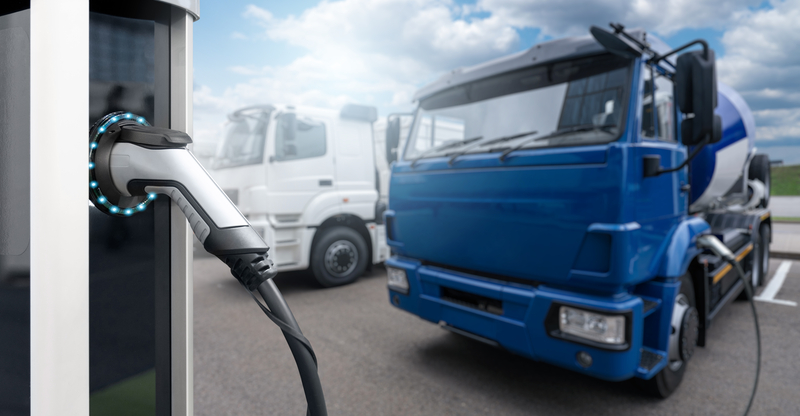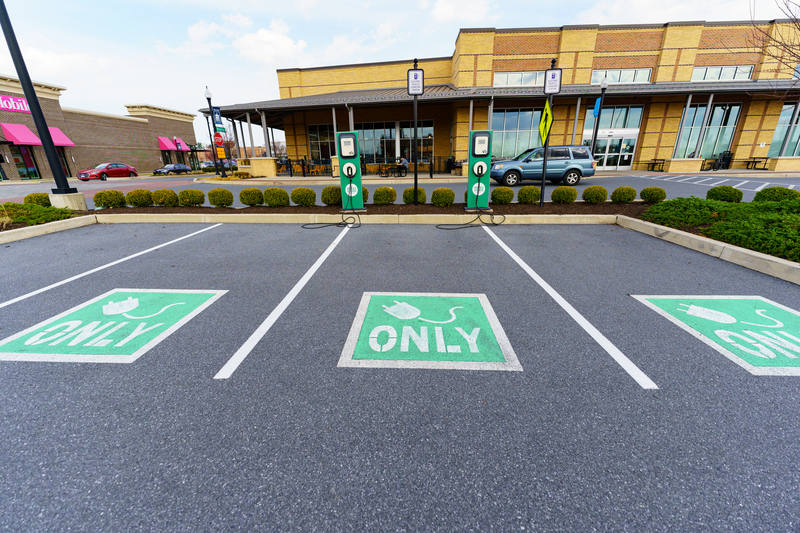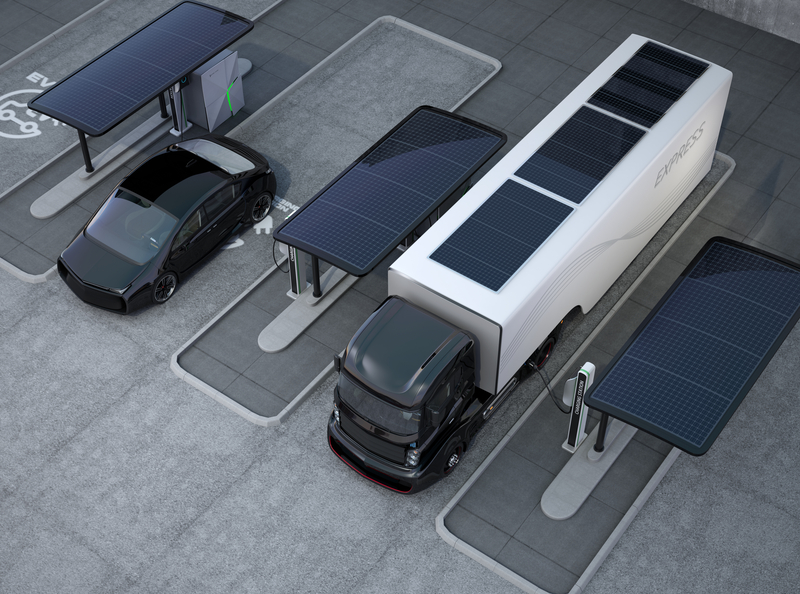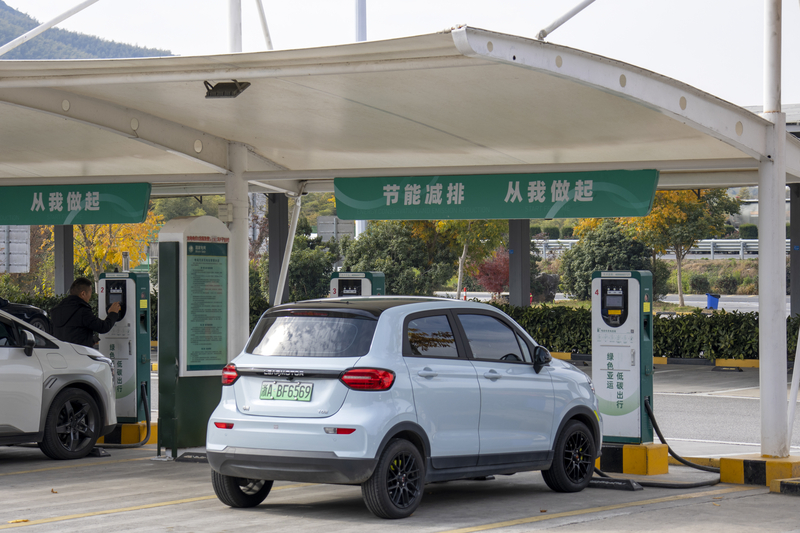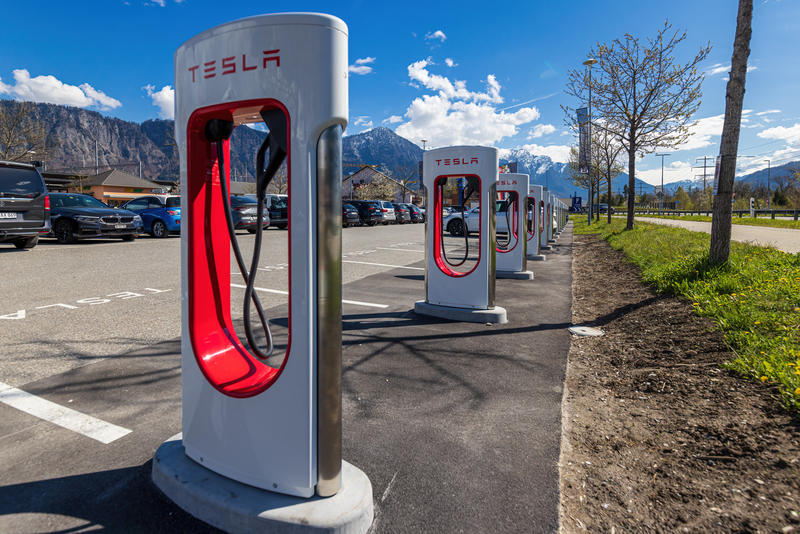
Natso, representing America's truckstops and travel centres, Sigma: America's Leading Fuel Marketers and the National Association of Convenience Stores filed comments that the rule risks squandering a significant opportunity to spur investments in EV charging stations. EPA proposed that automakers, rather than owners of public direct current (DC) fast chargers, should have the ability to generate electricity Renewable Identification Numbers (e-RINs).
"It is now clear that the biggest impediment to the EV transition is a lack of fast, safe, convenient chargers. To overcome that, investments in charging stations need to be profitable. Today, they are not, but we want to work with EPA to fix this problem," said David Fialkov, executive VP of government affairs for Natso and Sigma. "Automakers are already committed to making EVs, have large incentives in place to do so, and those products are already profitable for them. They don't need another subsidy in order to make EVs."
"If fast-charging station owners and operators could generate e-RINs when EV drivers refuel, it would help offset the challenges created by demand charges and other existing electricity market obstacles," said NACS general counsel Doug Kantor. "EPA's proposal should be revised to incentivise investment in charging infrastructure and work to lower the cost of electricity sold to EV customers. That would result in more infrastructure as well as lower costs and greater convenience for EV drivers."
Investments in DC fast chargers are not projected to be profitable for many years due to problems with the functioning of electricity markets and the rate of adoption of EVs. For the Administration to reach its goal of 500,000 EV chargers, more must be done to overcome the challenges that are depressing private investment in charging infrastructure.
More than 15 years ago, federal policies such as the Renewable Fuel Standard and the biodiesel tax credit created a strong incentive for fuel retailers to invest in the infrastructure necessary to bring cleaner-burning biofuels to market.
This resulted in a vibrant market for biofuels because the private sector responded to those policy signals and incentives and made the investments necessary to bring new fuels to market. The same policy framework could successfully drive private investment in electric vehicle charging and emerging fuel technologies.




